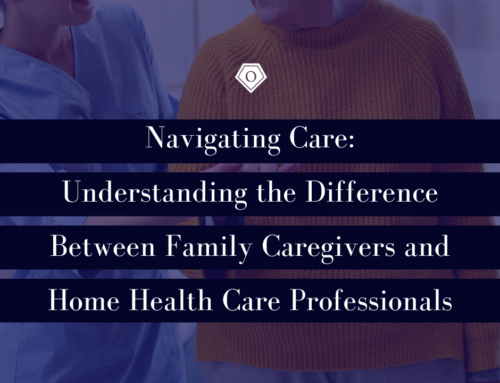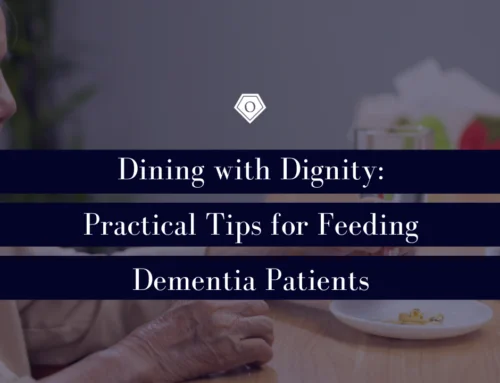Family members with elderly loved ones eventually face the challenge of setting up care. The transition is typically marked by apparent changes in a senior’s personal care or medical needs.
A senior’s personal opinion should be taken into account when making this critical decision. Both home health care and nursing homes come with transition and challenges, but the right choice can help seniors thrive!
How to determine what kind of care is needed:
- Does the beneficiary need full-time or part-time help around the house?
- Does the beneficiary need help managing medications?
- Does the beneficiary need help with bills or finances?
- How much medical assistance is required?
- Does the beneficiary simply need a companion?
- Has the beneficiary received a dementia diagnosis?
- Do planned meals or on-site care appeal to you?
Consider how each option addresses needs and your loved one’s desires for their every-day-life.
Home Health Care
Home health care is precisely what it sounds like, care provided to you or a loved one in the comfort of home. The level of care can range from companion care and assistance with basic tasks to around-the-clock skilled nursing care or skilled care for recovery from surgery.
- Nurse Supervised Medical Care
- Personalize Care
- Independent Lifestyle
- Comfort and familiarity
- Ease of adjustment based on needs
- Affordability
Nursing Homes
A nursing home is a long-term care facility that provides housing and nursing services. Nursing homes can be helpful for those that can leave a hospital but cannot manage their needs at home in any way.
- Medical staff
- Less independence
- Tough Transition
- Secure Environment
- Higher Expenses
Many families choose to ease into home health care with companion care services and add medical services as needs grow or evolve. Home health care is an excellent option for multi-generation homes that need support for a senior loved one, seniors seeking assistance from the comfort of home, or those recovering from surgery.
Signs Your Loved One Needs Companion Care
- Decline In Tidiness Of Home
- Scratches Or Dents On Vehicles
- Missing Appointments
- An Overflowing Mailbox
- Poor Diet Or Weight Loss
- Spoiled Food
- Loss Of Interest In Hobbies And Activities
- Late Payments, Bounced Checks, And Calls From Bill Collectors
- Dirty Laundry Piling Up
- Noticeable Decline In Grooming Habits






